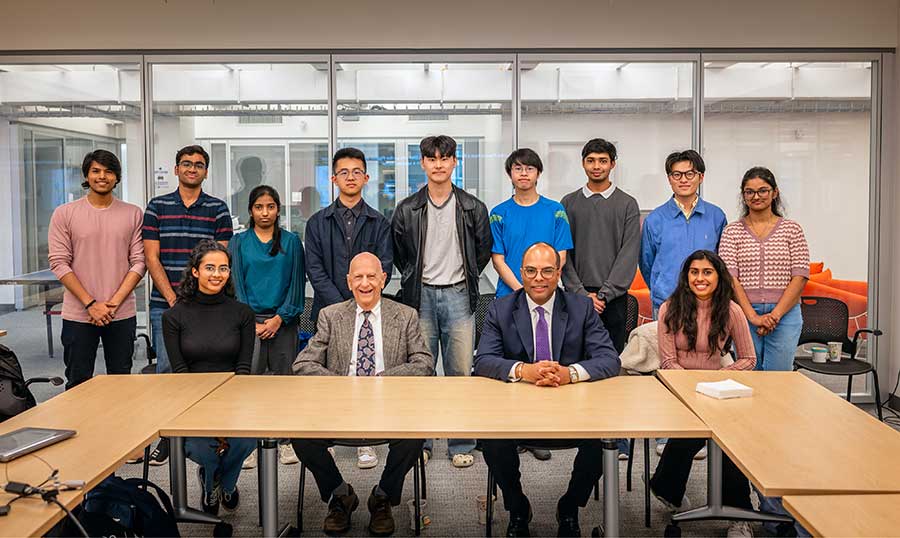
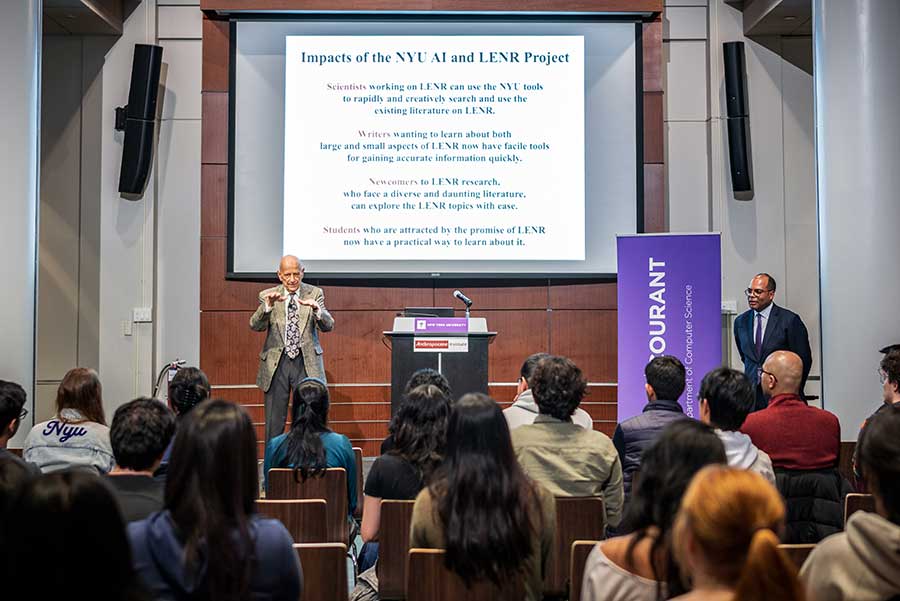
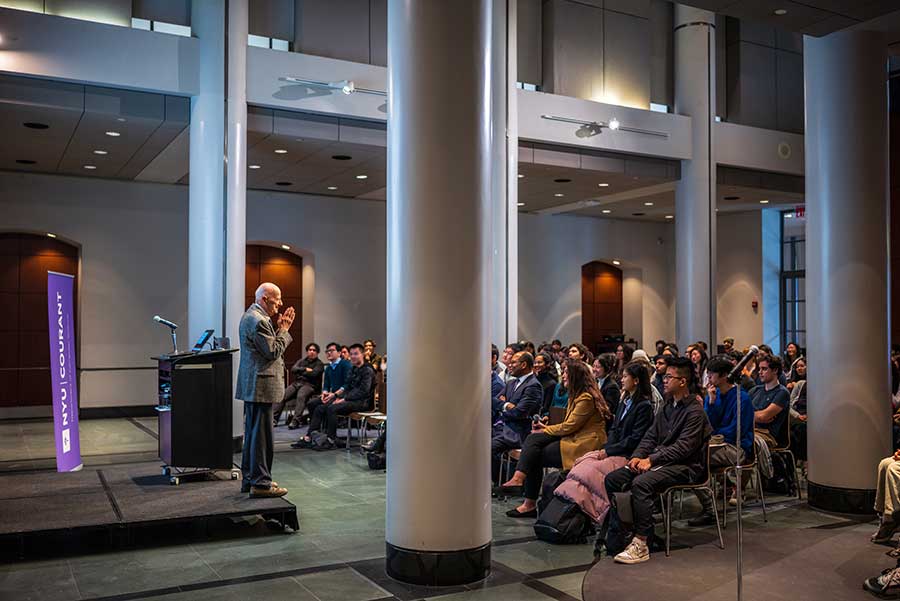
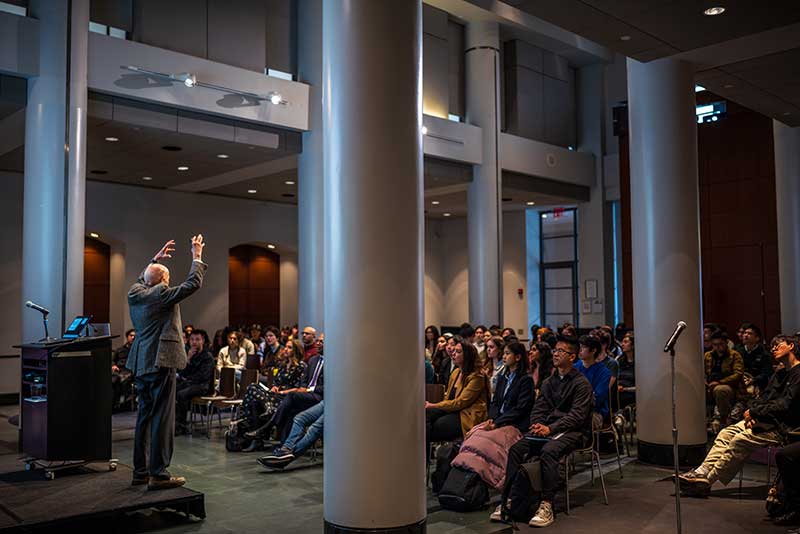
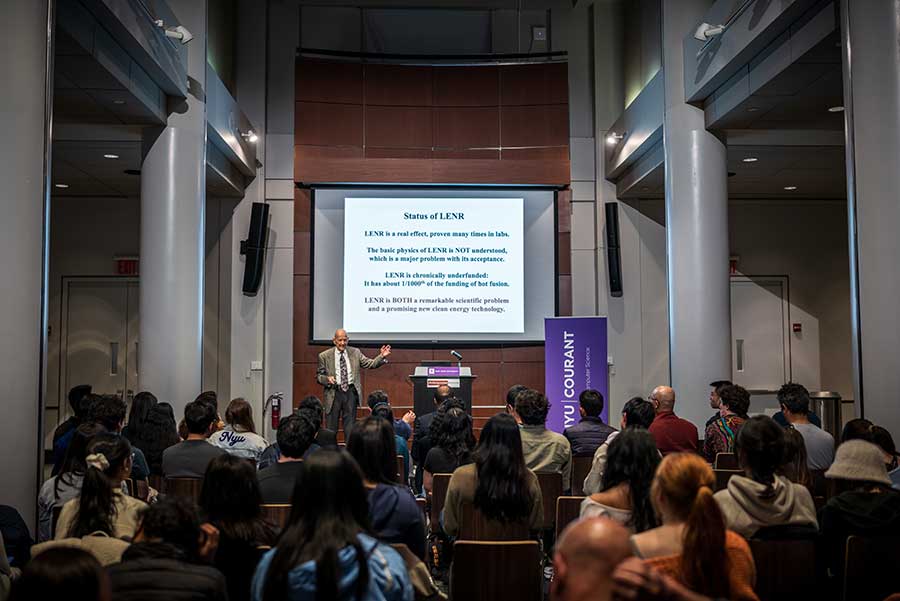
Prof. Nagel's lecture at NYU is here: https://youtu.be/vKxGNhWEShU
The challenge at hand involves over 35 years of LENR experimental reports and publications that remain unstructured and not readily usable for AI applications. The information is scattered across various sources on the internet, making it difficult to utilize effectively. The team has collected over 5,000 publicly available LENR-related publications to address this and created a structured data hub. The centralized hub now houses structured data ready for machine learning. This enhancement significantly improves accessibility and utility for research and AI-driven analysis. The team has released the first version of their report on the data, based on a comprehensive study presented in Japan at the 2024 9th IEEE International Conference on Big Data Analytics (ICBDA). You can access the study here: IEEE Xplore (DOI: 10.1109/ICBDA61153.2024.10607191). Additionally, an experimental dashboard showcasing the LENR data and tools is available here: LENR Dashboard. Several AI tools are available on the Dashboard under the EXPLORE tab.
Leveraging modern AI capabilities, particularly advanced natural language processing techniques, the team has just released a study published in the journal Frontiers in Artificial Intelligence. This study summarizes the results of employing advanced embedding models and topic modeling techniques to analyze and understand the extensive body of LENR research. By utilizing tools like Latent Dirichlet Allocation (LDA), BERTopic, and Top2Vec, researchers have uncovered relationships and trends within the LENR field. The study also introduces LENRsim, an experimental machine learning tool designed to identify similar LENR studies. These advancements in AI-driven analyses offer new insights and pathways for researchers, significantly contributing to the future of LENR research and the development of clean energy solutions. The study was published in Frontiers in Artificial Intelligence on 22 August 2024, Section: Machine Learning and Artificial Intelligence, Volume 7 - 2024 and can be accessible at: https://doi.org/10.3389/frai.2024.1401782
The growing popularity of Large Language Models (LLMs) for chatbots highlights the need for a specialized chatbot focused on Low Energy Nuclear Reactions for scientific research. The team has designed and deployed a preliminary experimental LENR chatbot that exclusively uses pre-processed documents from the LENR DataHub. The data is provided to the chatbot through both automated and manual processes, ensuring it only accesses LENR-related information to minimize hallucinations. Currently, in the testing phase, the team is continuously refining the chatbot and researching new algorithms to enhance its capabilities. The chatbot can also be accessed on the SSF website https://solidstatefusion.org/lenrbot/
The team, supervised by Bari and Nagel, includes researchers from New York University: Sneha Singh, Yvonne Wu, Tanya Pushkin Garg, Benjamin Kang, Emos Ker, Charles Wang, Dongjoo Lee, Adelina Simpson, Suryavardan Suresh, Yifei Xu, Shreya Guda, Anway Agte, Sathvika Bhagyalakshmi Mahesh, Harshini Raju, and Ian Liao.
Professors Nagel and Bari will be delivering a presentation titled "Utilizing Artificial Intelligence for Advancing LENR: Mining and Mastering the LENR Literature" on September 3rd, 2024 at the 16th International Workshop of Anomalies in Hydrogen Loaded Metals (IWAHLM-16). The event, hosted by the International Society for Condensed Matter Nuclear Science (ISCMNS) in collaboration with the Société Française de la Science Nucléaire dans la Matière Condensée (SFSNMC), will take place from Sunday evening, September 1, through Wednesday, September 4, 2024, both in Strasbourg, France and online.
For more information, visit: IWAHLM-16 Workshop